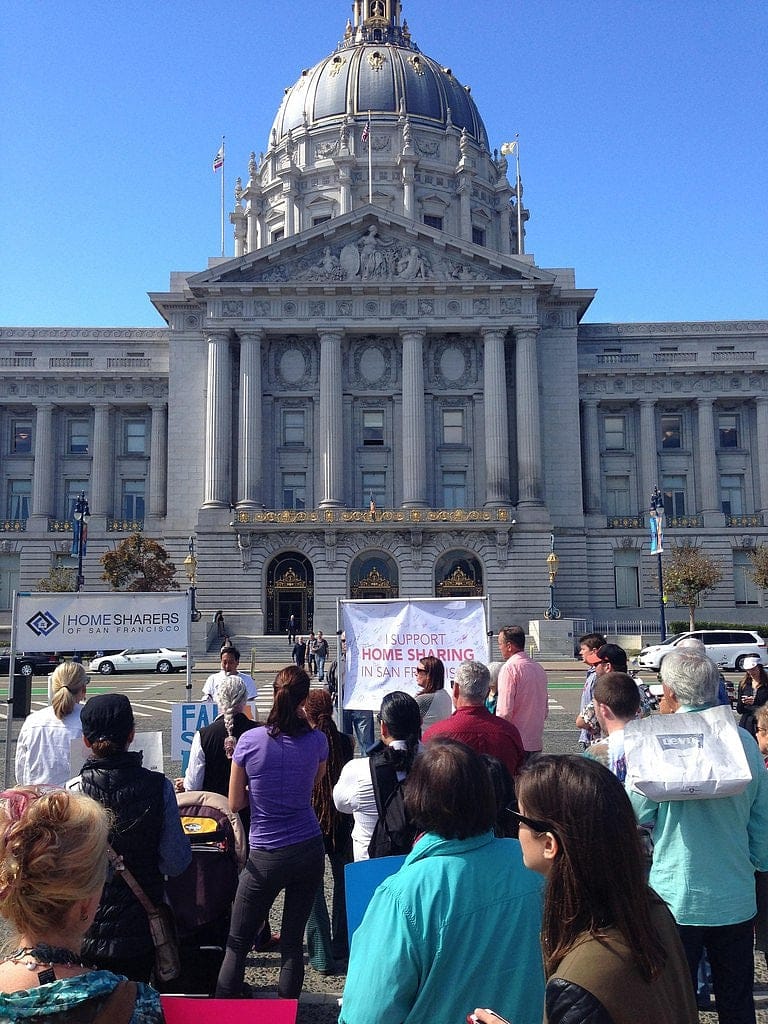Airbnb debate on Beacon Hill may be swayed by San Francisco vote

San Francisco voters got the chance Tuesday to rein in Airbnb and similar online services that have pressured housing costs and siphoned business from hotels around the nation, as a ballot measure in the city by the bay sought to limit short-term residential rentals.
The outcome could influence debate in other areas, including New York City and Massachusetts, where measures are also pending to put the brakes on the popular services.

